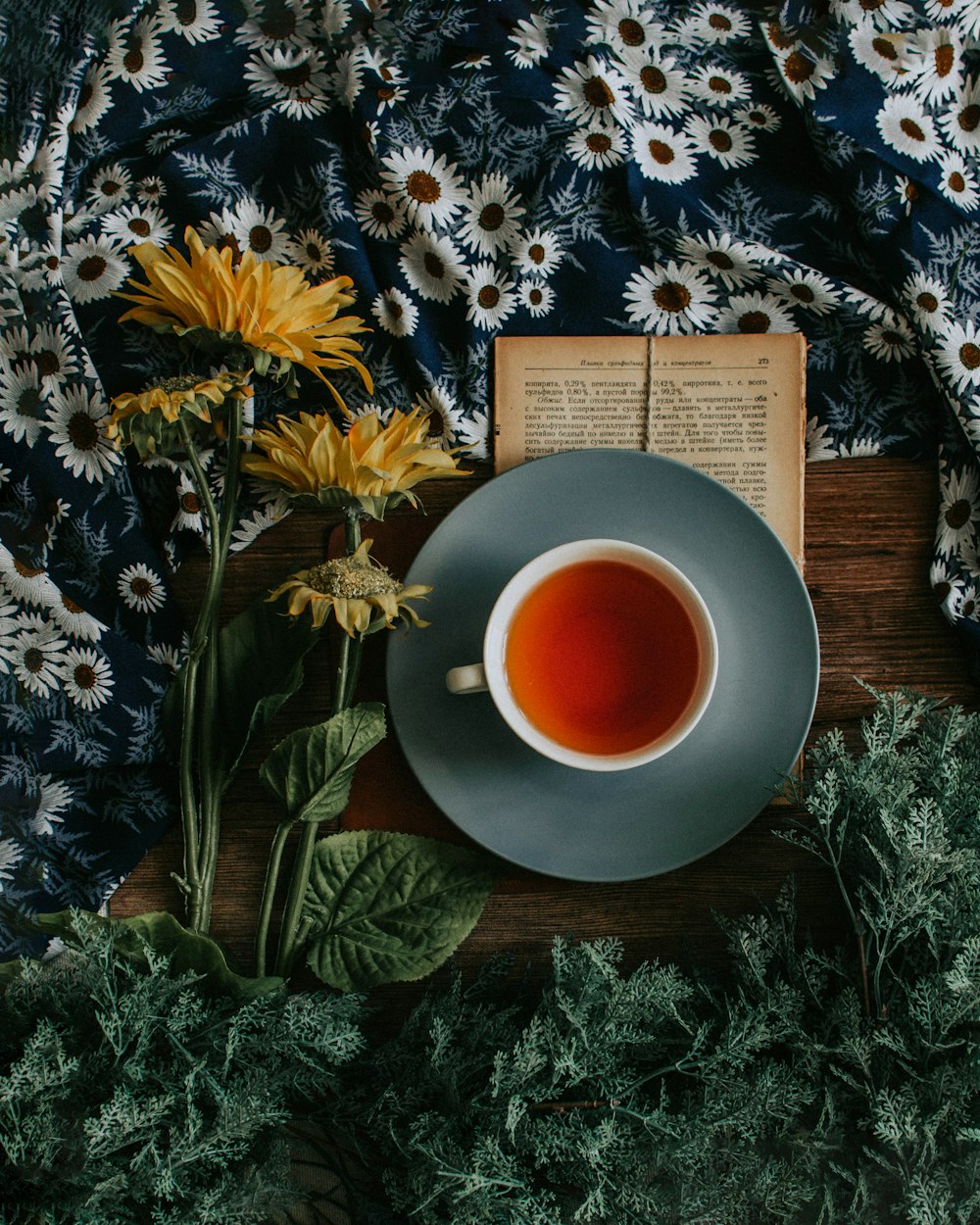Sleep is one of the most crucial elements that contribute to our productivity and daily well being. No doubt it affects our mental health, attitudes, and moods throughout the day and eventually long term. Therefore, the amount of hours and quality of your sleep determines the way your day will unfold and how much you will get out of it. Moreover, research shows that poor sleep has immediate negative effects on your hormones, exercise performance and brain function and thus all these result to disease and a decreased drive for life. Regardless of whether you value health or not, sleep must be your priority since with a restless mind full potential is not in your reach.
Here are some ways you can improve the quality of your sleep and add some freshness into your everyday life.
Set a stable sleep schedule
Set a schedule for your sleep that you’re willing to follow during the weekdays. The best time to go to bed is before 11 PM and wake up before 7 AM, so you must get between 7-9 hours. Research shows that the best time to wake up is between 5 and 6 since during these hours the body receives vital energy. Moreover, waking up early makes you more proactive and gives you a sense of control. It also makes you more positive, energetic and fulfilled. Early risers are not prone to sleep deprivation because they have already stabilized a healthy sleep routine. If you commit to a consistent sleep schedule, you won’t have to wonder at what time you should wake up and would likely manage to wake up without an alarm since your body’s biological clock will make it easier for you. See some motivational quotes for a heads up in this habit!
Consume natural supplements and herbal teas
Herbal teas are one of the most efficient natural remedies when it 
Relax and get some headspace before sleep
More importantly, it´s quite efficient to get rid of your screens at least one hour before you go for sleep. Instead for healthier habits such as reading your favourite book that distracts you from the fatigue, listen to some relaxing music, paint, do some light stretching, etc. Above all, I would recommend doing meditation at least for 15-20 min before sleep. The meditation app “Head Space” in particular provides some really good guidance into that, focusing on different routines before sleep. Meditation is efficient in a way that it reduces overthinking, allowing the brain to rest a little bit from the noise of daily life and get ready for a restful sleep. Likewise, if there´s a gnawing thought that bothers you, it´s best to deal with it before sleep, recognize whether you have control over the situation or not and then let it go. See other ways to let go of unproductive worry.
Exercise
Like mentioned before, rigorous exercise extremely valuable especially if it is carried out in the 
Practice gratefulness and let go of the day
Finally, as discussed, meditation techniques play a big role in reducing the fatigue, stress and anxiety. Related to this, there´re also other methods and techniques such as “doing gratitude” for the day that passed, replaying the day in your mind and thanking yourself for giving your best effort to becoming your best self. Setting targets for the following day and reflecting on how the day went also helps let go of the inner clutter and stay at peace.
To wrap it all up, the underlying remedy for your lack of sleep is finding that comforting, fulfilling, pleasant and calming feeling. Of course, you can find it in various supplements, routines, activities, yet above all the pinnacle is making peace with yourself regardless of how the day unfolded. Recognize it, accept it, be grateful for the lesson, and then let go.





Great tips! Been having issues sleeping so this was a nice reminder. Also, lemon balm is also know to help desired and maybe sleep?
This is timely! I’m usually an easy sleeper; as soon as my head plops on a pillow, it doesn’t take long for me to fall asleep. However, I’ve been struggling of late. I think it’s probably anxiety or stress? 🤷🏽♀️
It has been affecting my level of productivity, so I’ll definitely apply the last tip where it says to “let go of the day”. It’ll be hard, but it’s worth a try. Thanks.
Cheers!
Samantha
I have been using chamomile and other herbal teas to help me fall asleep for years, and definitely recommend it to others.